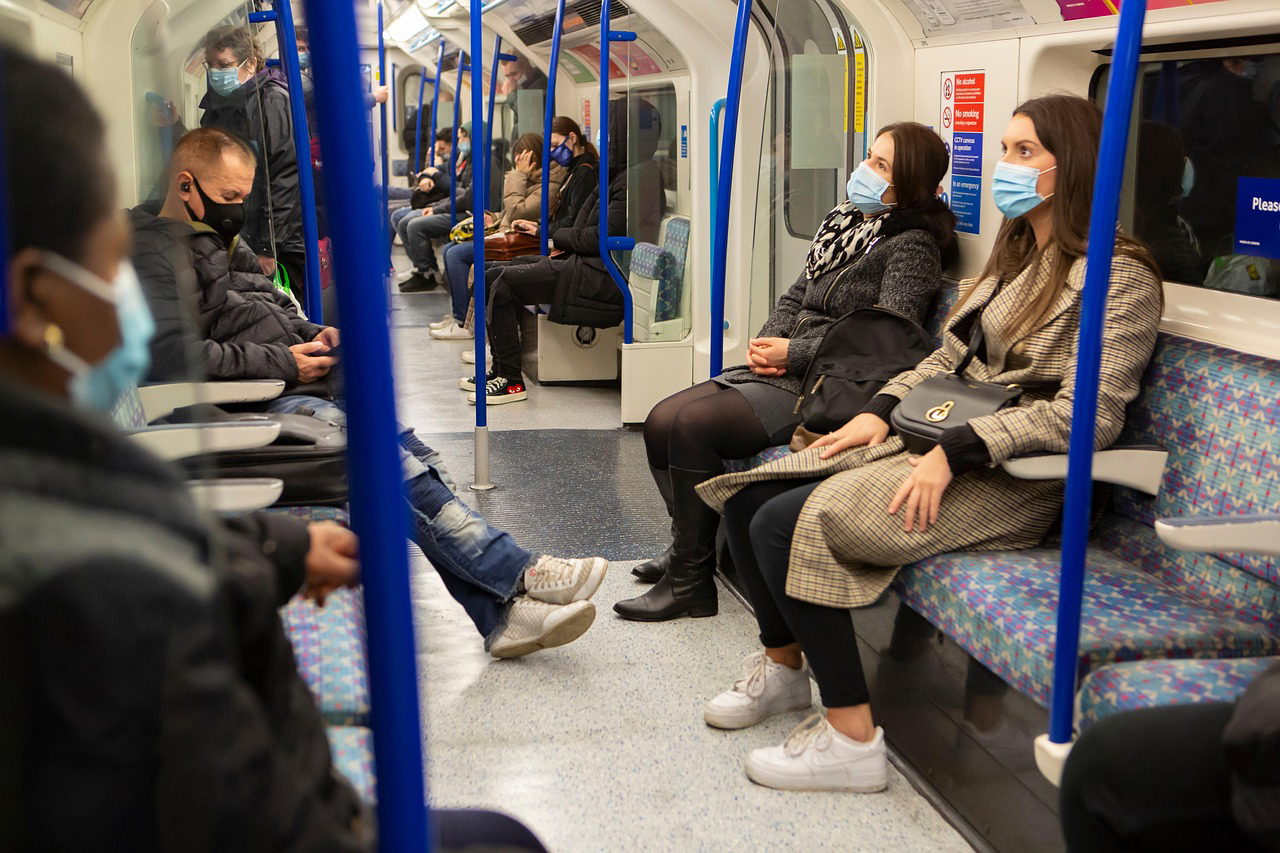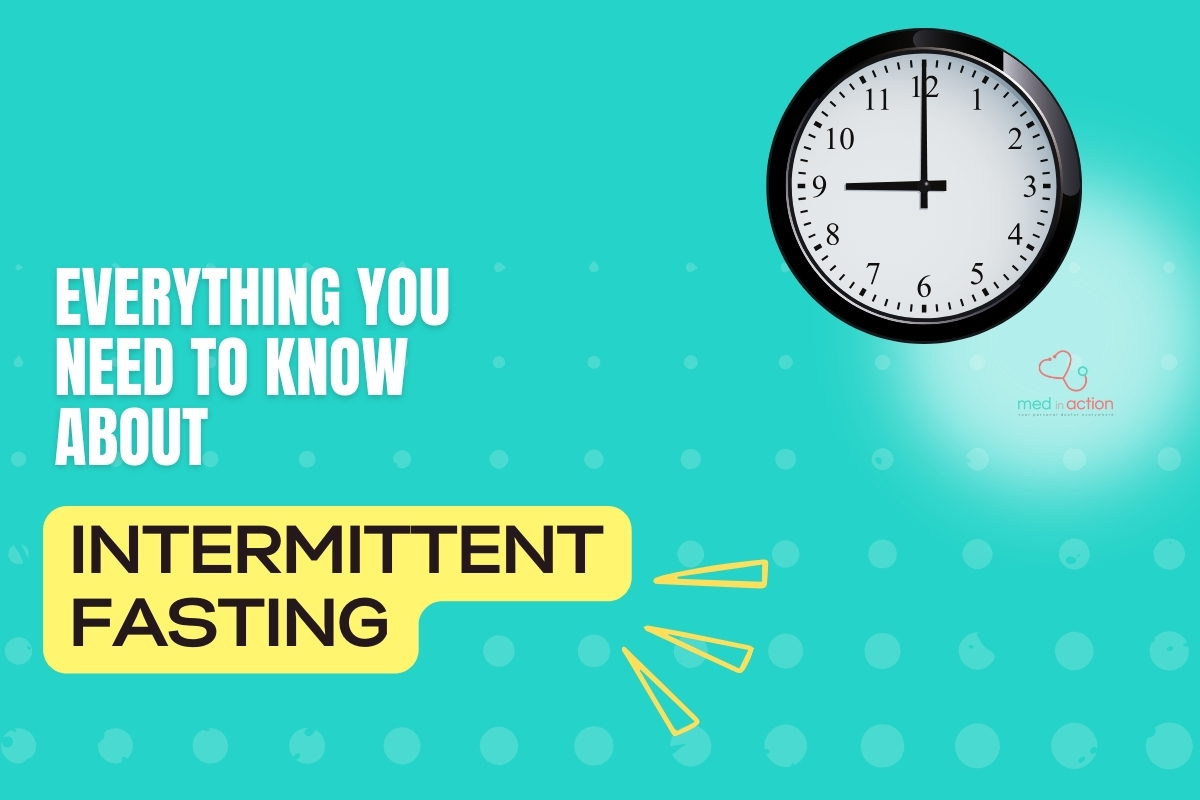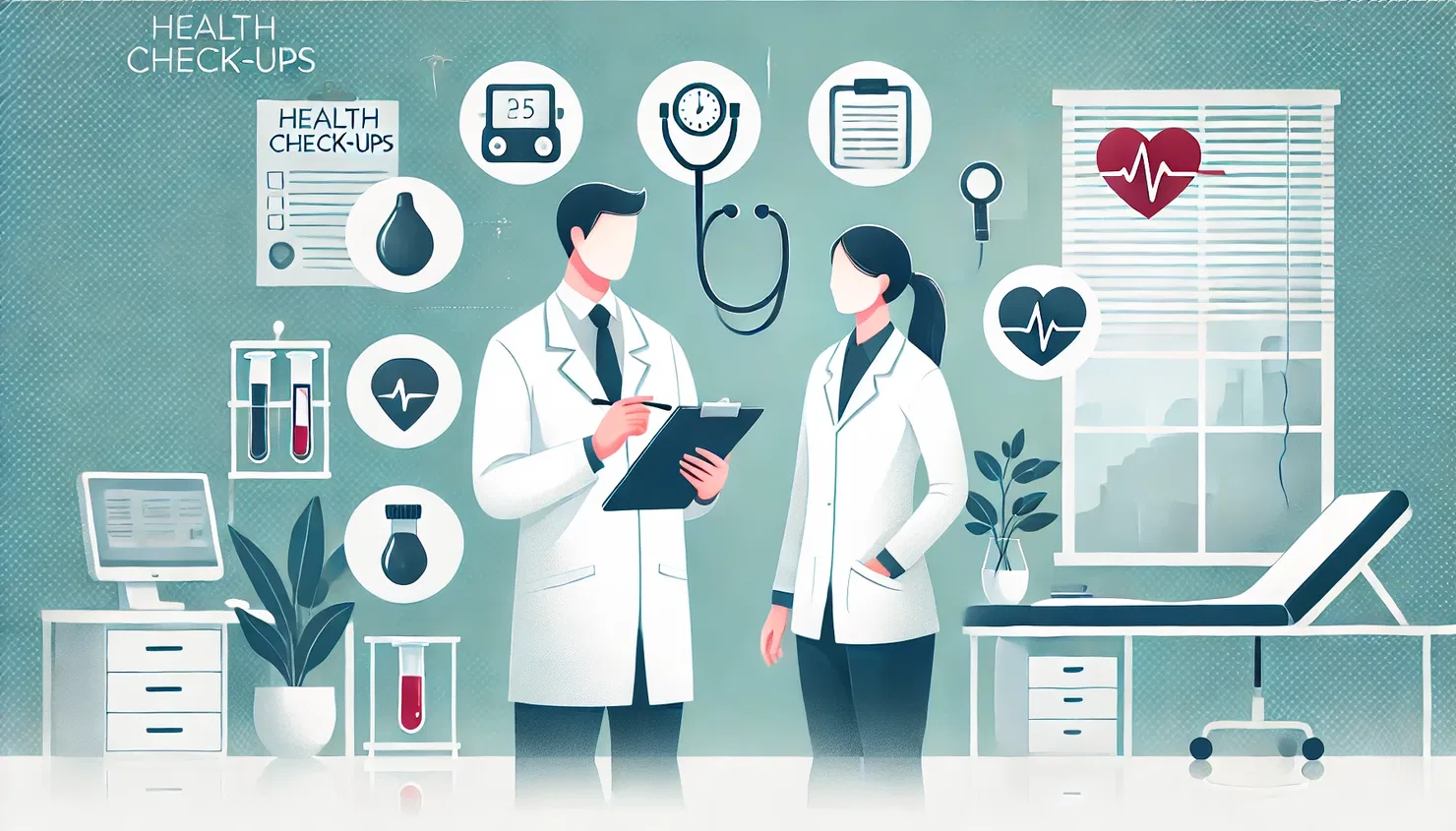What you need to know about Urinary Tract Infections
Urinary tract infections are just how they sound: infections of the urinary system. The lower urinary tract is the most common site of UTIs and is composed of the urethra and bladder. The upper urinary tract includes the kidneys and ureters. Lower urinary tract infections can spread all the way up to the kidneys if they are not treated.
UTIs are common
UTIs are a very common problem, especially in women due to their shorter urethra. According to the World Health Organization (WHO), UTIs are the “leading cause of morbidity (disease) and health care expenditures in persons of all ages” and UTIs account for “8.3 million office visits and more than 1 million hospitalizations” per year. Most UTIs are caused by E. coli bacteria (80% to 90% of them!).
SIGNS & SYMPTOMS of a UTI?
Symptoms of lower UTIs may include:
- Urgency: feeling like you need to get to the bathroom this minute
- Frequency: urinating more frequently than you normally do, even if it is small amounts
- Burning pain when you urinate
- Cloudy urine (from the bacteria)
- Pink/red/brown urine, which can indicate blood
- Cloudy/ Dark / Foul Smelling Urine
- Pain, pressure, and/or discomfort in the pelvic area
- Older adults may not have the same signs and symptoms of infection as others. Common symptoms of UTIs in the elderly include confusion, delirium, and agitation
If the infection spreads to your kidneys (a condition called pyelonephritis), symptoms may include:
- Similar or more sever symptoms of a UTI
- Fever/ Chills
- Nausea/vomiting
- Pink/red/brown urine, which can indicate blood
- Pain around where your kidneys are located: back and side pain
NEVER IGNORE THESE SYMPTOMS!
When to CALL A DOCTOR
If you have signs and symptoms of a UTI, you should call a doctor. The most common treatment for mild UTIs are oral antibiotics prescribed by a healthcare provider. Remember, a UTI, if left untreated can lead to a kidney infection. It is especially important to get immediate treatment if you have signs of a kidney infection. Severe kidney infection can lead to life-threatening complications. Kidney damage, sepsis, organ failure and death can be the outcome of a neglected kidney infection.
UTIs are No Fun: PREVENTION
- Hydration: Drink water! This is very important when traveling, especially in the summer in Italy. You may be consuming more cappuccino, expresso, wine and spritz then your body is accustomed to! Dehydration is a significant cause of UTIs because your urine becomes more concentrated, creating an environment for more bacterial growth.
- Drinking cranberry juice may decrease your risk for UTIs.
- Use the bathroom when you have to go (don’t wait)
- Wipe front to back.
- E. coli are usually found in your intestinal tract. To prevent contamination into your urinary tract, make sure you are wiping the correct direction
- Urinate and clean your genital area after intercourse to prevent bacteria from entering the urinary tract.
- Avoid potent feminine products like sprays, powders, and scented body washes.
- Talk to your healthcare provider about various birth control methods. Some types of birth control are associated with more UTIs than others.
You should take extra precaution to prevent urinary tract infections if you are:
- Female: about half of all women get UTIs in their lifetime
- Diabetic: due to increased sugar in your urine and immune changes
- Prone to kidney stones or an enlarged prostate gland: kidney stones and enlarged prostate glands cause obstructions and blockages in your urinary tract, leading to UTIs
- Immunocompromised: for example, if you have HIV
- Pregnant
- Over 65
Remember, MedinAction can provide your own personal doctor. Your visit will be private and confidential, in the comfort of your own home. Schedule an appointment with an English Speaking Doctor today. You can chat for free on our website, discuss your symptoms and decide if you require an appointment/treatment or just some free advice!
~ Online Chat on the website or app
~ Call/ Whatsapp or Text Message + 39 375 5724 686
~ MedinAction iOS app




